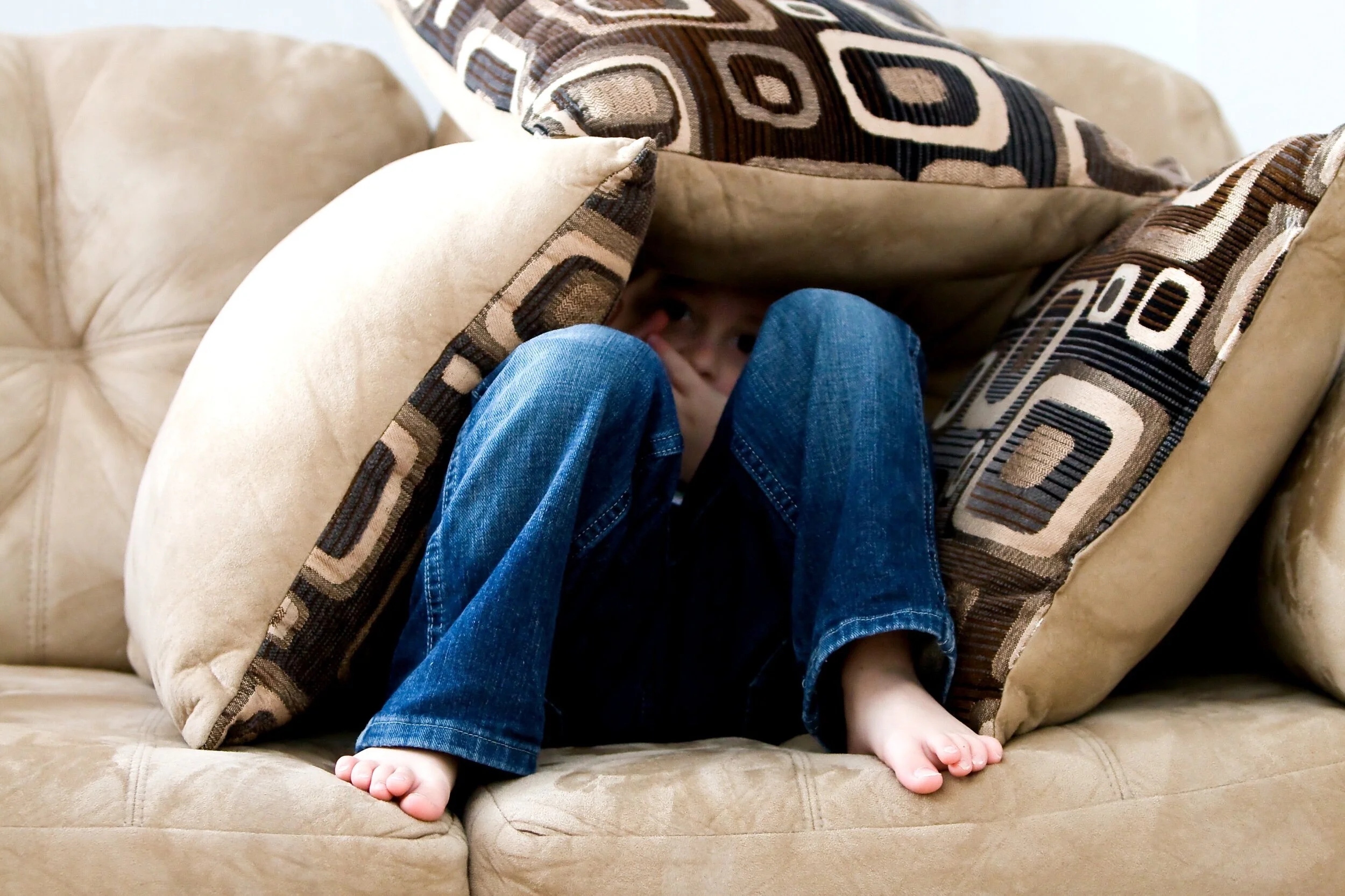One of the biggest fear we face as humans is losing control over anything. While in some situations, where this literally means risking the physical life, it is understandable, that keeping control is essential (like flying an airplane), our subconscious neediness to always be in control can be one of the biggest hindrances to our personal growth.
Another of the biggest fears in our western culture for many people would be public speaking. Why? Because we fear the possibility of making a fool of ourselves, of being laughed at. Being laughed at is maybe the biggest horror we can imagine. Again why? Because when we are laughed at we feel totally vulnerable, and totally out of control.
But there are of course a lot of people who go out and do public speaking. Yet some even go out to become professional or semi-professional actors, who make their living from it.
A Lesson to Learn from the Theatre
But while an actor has the script of an author, he can at least cling to, there is another form of theatre, that even got rid of this last straw of security - Improvisational Theatre.
With Improvisational Theatre (or "Improv" as it is also called), there is no script, no fixed settings, and no rule how the story will happen. There might be some keywords that came from the audience a minute before the scene started (like location or relationship of the actors or maybe a piece that should play an important role in the scene). But besides this, the actors have no control over what happens. It could happen, that an actor goes onto the stage, wanting to play a man of power, while the other actor just a split second before calls him "Servant" or "Idiot".
Now that is the moment where it gets interesting, and since I am also a trainer for Improv, that is the moment where I am just looking how novices deal with such a situation.
The Golden Rule
There is one golden rule that is above all other rules in Improv and that is "ACCEPT REALITY". Whatever was said on the stage is a reality that was just created, and you MUST ACCEPT it. Novice players often go into denial and that always destroys the scene. They are in their head playing their scene, while not being in the moment and listening to the reality that just happens on the stage. So the next great rule is to "ACT IN THE MOMENT".
If someone defines them as a "Servant", it doesn't matter if they had in their mind that this time they wanted to be the "Prince". No, they just have to accept the situation and (following another rule) act as if this definition was so brilliant that they even want to make it bigger. They become the best servant possible. They accept it and make it big. Of course, they could play the rebellious servant, but still, they have to accept the reality of being the servant in this scene.
Why You Have Far Less Control Than You Think
Now - why do I tell you all of this? If you aren't interested in Improv, you should at least notice, that it has some valuable lessons to teach for life in general.
We can't control so many things in our life, that we reject this fact most of the time, or we would go nuts. If you are driving down a highway, do you have any control over how the other drivers react? Anytime another driver could pull over and slam you. You don't know, whether your brakes are working or might not stop the next second. And this goes on for so many areas in our lives. And you can't control people. Yes, you can use different vias of influence (money, fear, manipulation), but the control you think you have is only an illusion since it is only the control they allow you to have. Any dictator, who thought he had control and then was overthrown by his people, states this fact. And you can't control how and what people think about you. Even less than you can control traffic.
So if we have so less control, why do we struggle so much, to get it?
Because we lack trust in the universe, and we lack trust in our ability to deal with whatever may come
What Is Trust?
Trust is a belief that things will turn out good. If I say "I trust you", then I say "I put my faith in you doing me well and no harm". And if I say "I trust in myself", then this would mean "I put my faith in my abilities to deal in a good way with any situation coming at me".
If you are able to honestly say so to yourself, then you need no control over situations or over people. You know inside that you have the ability and the flexibility to make the best out of every situation.
Like in the theatre example. You just accept, what is and make the best use of it.
Note, that this doesn't mean you just become passive. No, accepting means seeing the Status Quo as it is, not going into denial or wishful thinking and then doing whatever is necessary to make the best from the established situation.
What Is the Best Control?
The best control is to accept you don't have it over outside factors, and then adjust to whatever happens. The only control you have is about your reaction to outside factors.
Even an airline captain knows, that he can't control the winds, so his control is by reacting and adapting to an ever-changing environment. If he is off-course he can't go into denial. He just had to accept, that he had no control over that and now has to do whatever is necessary to go back on track.
Wanting to have total control would be like building a plane with non-flexible wings. It would be fatal since these would break pretty soon and the plane would crash. So even the wings have to be flexiblew since they also have no control over what wind is coming at them.
If you want to fly, then you should be just like a plane - give up your neediness of total control and just do what is necessary at the moment.




